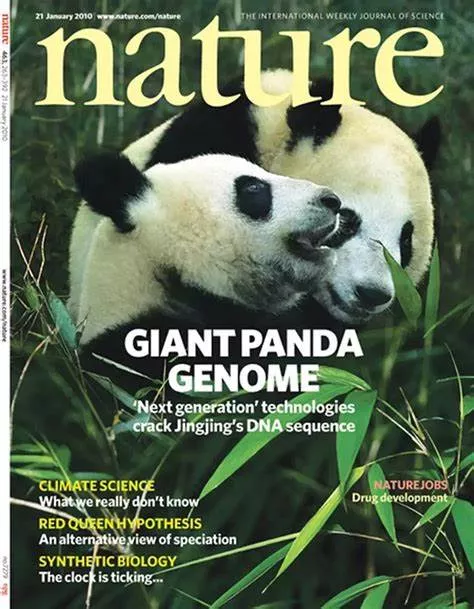Animals and humans have co-existed since the dawn of time. While animals serve as sources of food, clothing, transportation, and companionship, they also play a critical role in maintaining ecological equilibrium. Understanding animal species is essential to comprehend the environment and ourselves as humans. As climate change, biodiversity loss, and environmental degradation threaten our planet, recognizing the significance of the human-animal-Earth relationship is becoming increasingly vital.
BGI Group has been at the forefront of advancing animal genomics for decades. As of April 2023, BGI-Research, a core research facility of BGI Group, has contributed to over 41% of the animal genomes sequenced worldwide. These studies have yielded profound insights into various fields, including environmental conservation, human health and medicine, education, and research.
Pigs are not only a major source of meat, but also a valuable model for medical research because of their similarity in anatomy and physiology to humans. In 2022, BGI-Research led an international team to create the world's first body-wide single-cell transcriptome atlas of 20 tissues and organs of the domestic pig, consisting of 222,526 cells. This groundbreaking research shed light on the biomedical similarities and differences between pigs and humans, providing valuable insights for the use of pigs in biomedical research. The transcriptome atlas offered a comprehensive view of the cellular heterogeneity in each tissue, identifying cross-tissue cell types and rare cell types, enhancing our understanding of pig biology, xenotransplantation, evolution, development, and regenerative medicine research.
In a study published in Nature Ecology and Evolution, an international team of researchers led by BGI-Research used single-cell technology to investigate the brains of ants. Using BGI's DNBeLab single-cell library platform, they obtained over 200,000 single-nucleus transcriptomes from pharaoh ant brains and constructed a single-cell transcriptome map covering all adult phenotypes of this ant species. The study shed light on the complexity of ant brains and how the functional specialization of their brains at the cellular level reflects the social division of labor within ant colonies, enabling ants to function as a superorganism.
While many research projects focus on animals that are familiar to us, some studies delve into the world of lesser-known species that are crucial for advancing our understanding of the natural world, and even ourselves. These studies shed light on the often-overlooked roles that these animals play in maintaining the balance of ecosystems and provide valuable insights into their biology and behavior.
The giant panda, native to China, is one of the most recognized and beloved animals in the world, known for its distinctive black and white coat. It is also considered a cultural symbol for nature conservation and is listed as a vulnerable species by the International Union for Conservation of Nature (IUCN).
Over the years, BGI-Research has played a significant role in studying the giant panda's genome, providing valuable insights into its unique adaptations and population history. In 2010, BGI-Research led a team of scientists to sequence the genome of Jingjing, the mascot of the 2008 Beijing Olympics. This Nature cover study provided new insights into the giant panda's ability to digest bamboo and its evolutionary relationship with bears.
 Research on the giant panda genome led by BGI-Research was published in Nature as a cover story.
Research on the giant panda genome led by BGI-Research was published in Nature as a cover story.
Three years later, BGI-Research and the Institute of Zoology at the Chinese Academy of Sciences reconstructed the giant panda's population history, highlighting the impact of global climate change and human activities on the species. In 2021, BGI-Research and other institutions released chromosome-level ultra-high-quality genomes of two giant panda subspecies, Qinling and Sichuan, for the first time. In November 2021, BGI-Research also conducted a study of the giant panda roundworm genome, identifying potential drug targets for developing deworming drugs.
These studies provide valuable resources for future research into the genetic basis of giant panda adaptations and conservation, emphasizing the need for continued efforts to protect this beloved species.
The iconic platypus and echidna (monotremes) display a unique mix of mammalian and reptilian features and form the most distantly related group of living mammals. In 2021, BGI-Research led a groundbreaking study of both unique egg-laying mammals and published the results in Nature. The study presented the first-ever genome of the echidna and an improved, chromosome-level genome of the platypus. The research revealed that humans shared a common ancestor with these creatures about 180 million years ago. The study also highlighted differences in the haemoglobin removal system between monotremes and therians, and the loss of key genes related to teeth and stomach development in both species.
(To be continued in PART 2)



